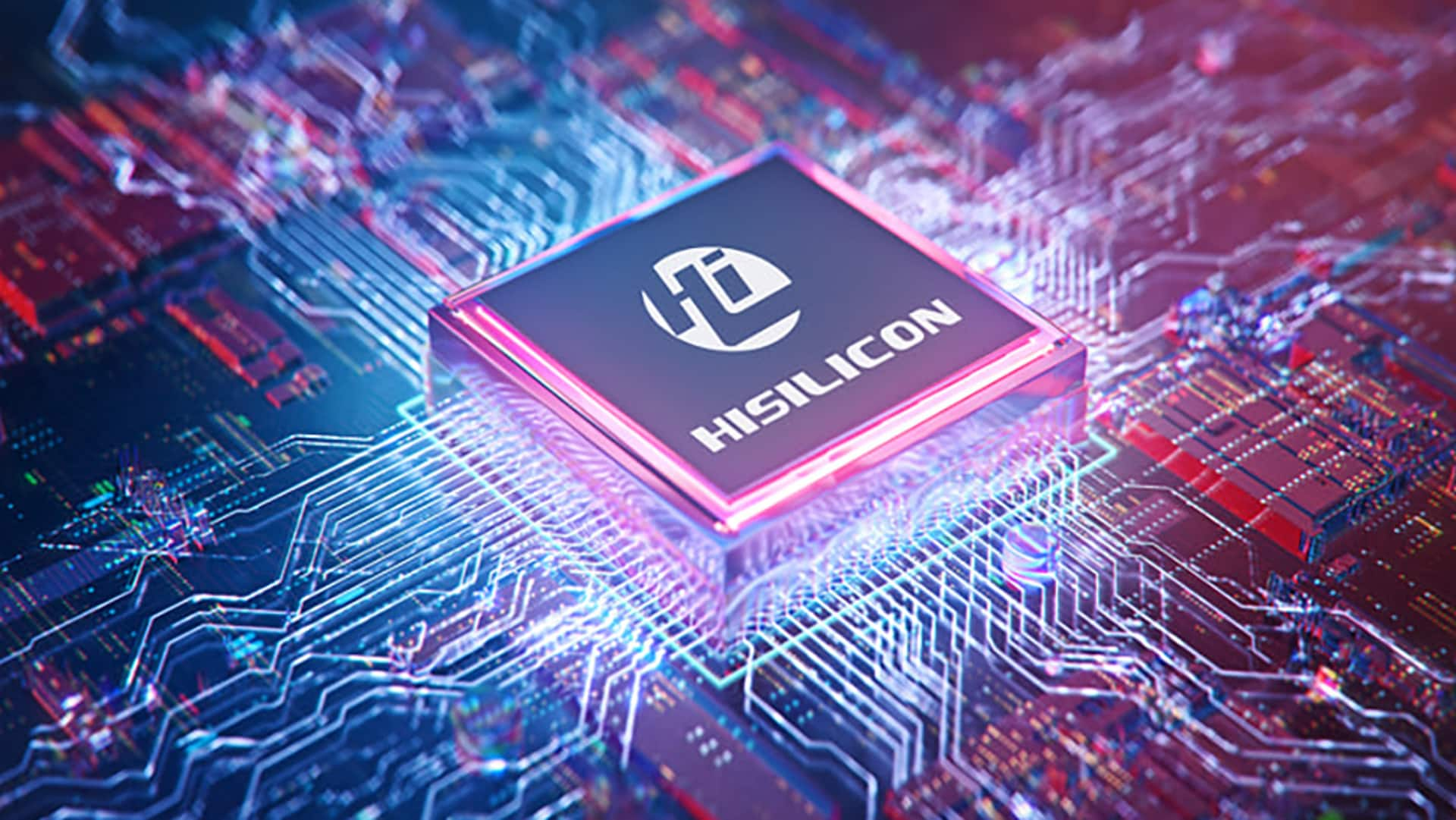
Huawei's HiSilicon ships Chinese-made surveillance chips amid US export controls
What's the story
Huawei's HiSilicon chip design unit has recently commenced shipping Chinese-made chips for surveillance cameras, Reuters has reported.
The shipments began this year and are being sent to surveillance camera manufacturers, including some Chinese customers.
This development suggests that Huawei is overcoming Washington's export controls, which have barred it from obtaining components and technology from US firms since 2019.
Details
Domestically made advanced chips in new smartphones
Huawei recently unveiled new smartphones that use advanced chips, which analysts believe are domestically made.
The company has made breakthroughs in design tools for chips produced at and above 14 nanometers.
Before the US export controls, HiSilicon was the dominant chip supplier to the surveillance camera sector, with a global market share of 60% in 2018.
However, by 2021, its market share had plummeted to just 3.9%, according to data from consulting firm Frost & Sullivan.
What Next?
HiSilicon's return is anticipated to shake up the industry
A key factor in Huawei's progress is its ability to work around US restrictions on chip design software.
HiSilicon mainly supplies chips for Huawei equipment but has had external customers such as Dahua Technology and Hikvision.
The return of HiSilicon to the market is expected to shake up the industry as it focuses on high-end surveillance chips and reclaim market share from competitors like Taiwan's Novatek Microelectronics Corporation.
Insights
Huawei's Mate 60 Pro smartphone hints at advanced capabilities
In late August, Huawei launched the Mate 60 Pro smartphone, which uses an advanced chip and is reportedly capable of 5G speeds.
Research firm TechInsights found that the phone is powered by a new Kirin 9000S chip, most likely made in China by the country's top chip foundry, Semiconductor Manufacturing International Corporation (SMIC).
This development has prompted calls from US lawmakers for additional pressure and "more effective export controls" on Huawei and SMIC.